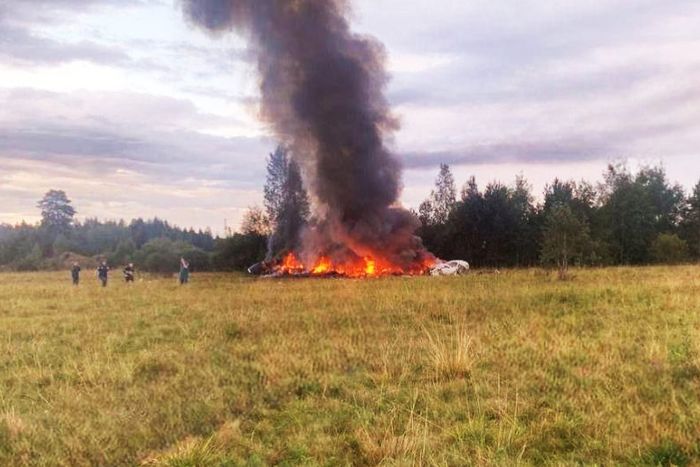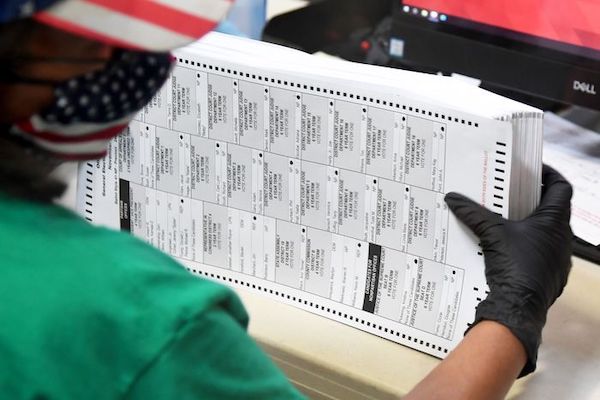The apparent downing of the business jet carrying Wagner chief Evgeniy Prigozhin delivered a suitably brutal end to one of Putin’s most ruthless and effective deputies. It also underlined the extent to which Russia has been willing to set aside the niceties of aviation safety in the raw exercise of power.
Throughout the rest of the world, civil aviation is sacrosanct, a highly protected and regulated industry bound by international treaties enforced by powerful agencies like the Federal Aviation Administration in the United States and the European Union Aviation Safety Agency in the EU. Passenger safety is paramount. As a result, fatal accidents are exceedingly rare: The United State hasn’t had a fatal crash since 2009.
In 1978, the Soviet Union shot down an off-course Korean Air Lines 707, forcing it to crash-land on a frozen lake with the loss of two of the passengers and crew. Five years later, it shot down another off-course Korean Air Lines airliner over the Sea of Japan, killing all 269 aboard. In both cases, Soviet officials claimed that they were acting in self-defense, yet in both fighter jets had approached close enough to their targets to see that they were civilian airliners.
After the fall of the Soviet Union, its successor state, the Russian Federation, modernized its civilian aircraft fleet, and for a time safety improved. But after former KGB agent Vladimir Putin came to power in 1999, the Kremlin gradually returned to its old ways. In 2014, as a Russia-backed insurgency raged in the eastern part of Ukraine, a regular Russian army anti-aircraft unit shot down a Malaysian Airlines 777 en route from the Netherlands to Malaysia as it neared the border between Ukraine and Russia. All 298 passengers and crew were killed. To this day, it remains unclear why the plane was shot down, but in the aftermath Ukraine halted its air-force attacks on Russian ground units and its counteroffensive against the invaders stalled.
Continue reading New York: In Russia, No One Is Safe in the Air






